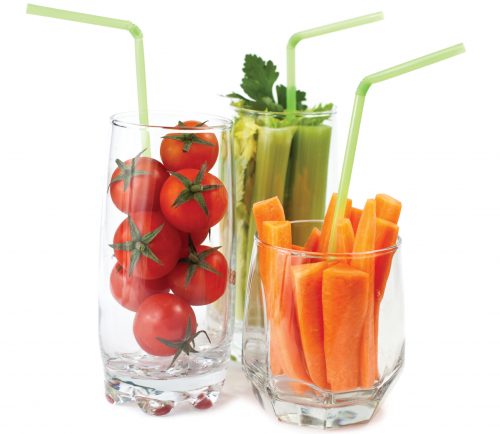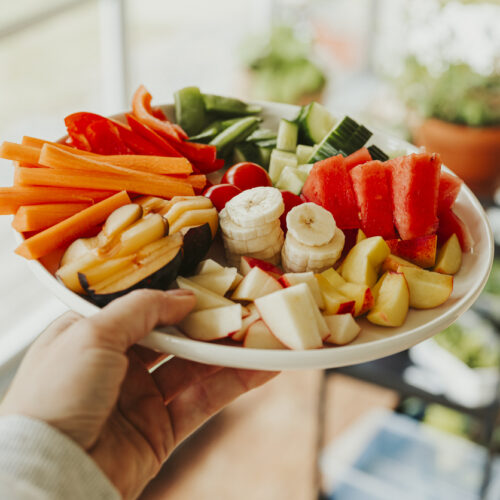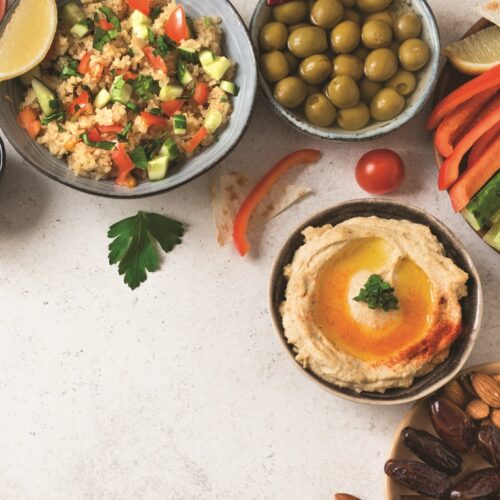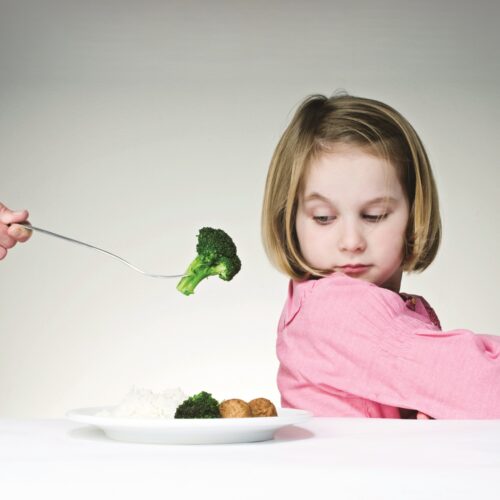
It’s about this time that we start to see some familiar headlines: a predictable crop of ‘detox’, ‘quick-fix’ and ‘restart’ diets, all designed to get you ‘back on track’. But do detoxes work?
The marketing hype says that toxins — from pollution, pesticides, food additives, sugar, caffeine and alcohol — accumulate in the body and cause problems such as headaches, fatigue and weight gain. Detox proponents say we need to ‘flush out’ the toxins. Detox diets typically advise cutting out alcohol, caffeine, sugar, red meat and dairy. The most extreme eliminate food altogether, and dieters subsist on juices or shakes, often accompanied by a raft of supplements to help ‘cleanse’.
The idea that the body needs a period of elimination in order to get rid of ‘bad’ stuff is appealing, especially when we’ve been hitting the booze and snack foods hard over the holidays. However, according to scientists, the concept of detox makes absolutely no sense. That’s because our bodies have their own built-in ‘detoxifiers’ — the liver, kidneys, intestines, lungs and skin. Toxins are excreted within hours of being consumed (in faeces, urine and sweat) and this process of filtering out, breaking down and excreting waste products happens constantly. There is no scientific evidence that any diet helps rid the body of toxins any faster.
Scientists speak out
The Guardian newspaper recently ran a story on detoxes quoting Edzard Ernst, emeritus professor of complementary medicine at Exeter University, who said the only real ‘detox’ is the medical treatment of people with life-threatening drug addictions. Any other kind of detox is, he said, “the word being hijacked by entrepreneurs, quacks and charlatans to sell a bogus treatment.
“There is no known way — certainly not through detox treatments — to make something that works perfectly well in a healthy body work better.”
Detox is also a minefield of misleading marketing. When the UK organisation Sense About Science asked marketers of detox diets and devices for evidence of their claims, they found that no two companies used the same definition of ‘detox’. Little, and in most cases no, evidence was offered to back up the detox claims.
But no matter how many times the experts tell us our bodies do very well at detoxing us without help, there are always people for whom this type of drastic diet appeals. I think for some it is a sense of needing to atone for our eating and drinking ‘sins’; the idea of ‘cleansing’ ourselves feels like a kick-start to a healthier, better life.
Of course, this hardly ever works. Any temporary feelings of lightness and virtue will not last once we go back to our regular way of eating, and any weight lost is likely to come back on again, too. It’s very easy, after a period of restricted eating, to slip back into old, less healthy habits. Detox diets don’t give us tools for eating well in the long- term.
If not detox, what?
So what’s a better way to give yourself a healthy start to the year? If you truly want to say at the end of this year “Yes, I’m healthier than I was this time last year”, it will take changes that can become a permanent part of your life. So why not make a list of small tweaks you can make to some of your everyday behaviour — things that are not too difficult to maintain, but will add up to long-term benefits? These could be things like:
- I will plan my meals before I shop so I’m prepared for the activities of the week.
- I will pack my desk drawer at work with healthy snacks so I don’t get tempted by the vending machine.
- I will have three good handfuls of veges every day (think breakfast, lunch and dinner).
- I will have at least three alcohol-free days (ideally in a row) most weeks.
- I will concentrate on recognising when I am hungry (and eat), and when I am full (and stop eating).
- I will eat fresh, whole, colourful food at every meal.
None of these examples are drastic or particularly difficult, and they’re all things that are easily incorporated into a busy life. They’re slow, steady changes to what we do most of the time. Once you start doing them, it won’t be long before you don’t even think about them any more. The upside: you’ll feel healthier and have some great new lifelong habits.
www.healthyfood.com










